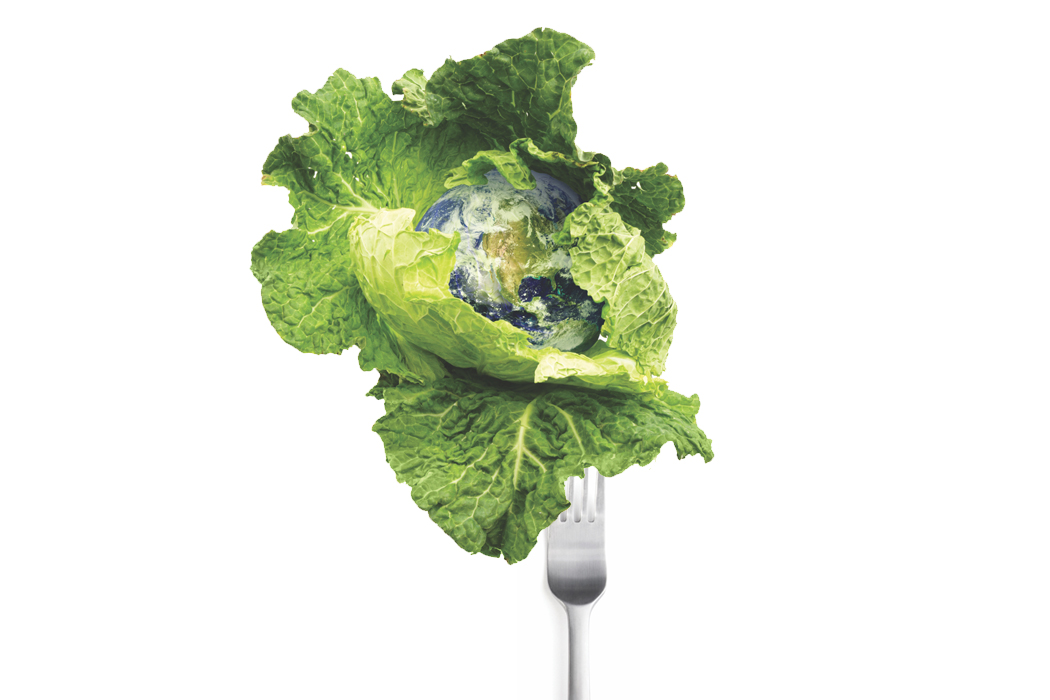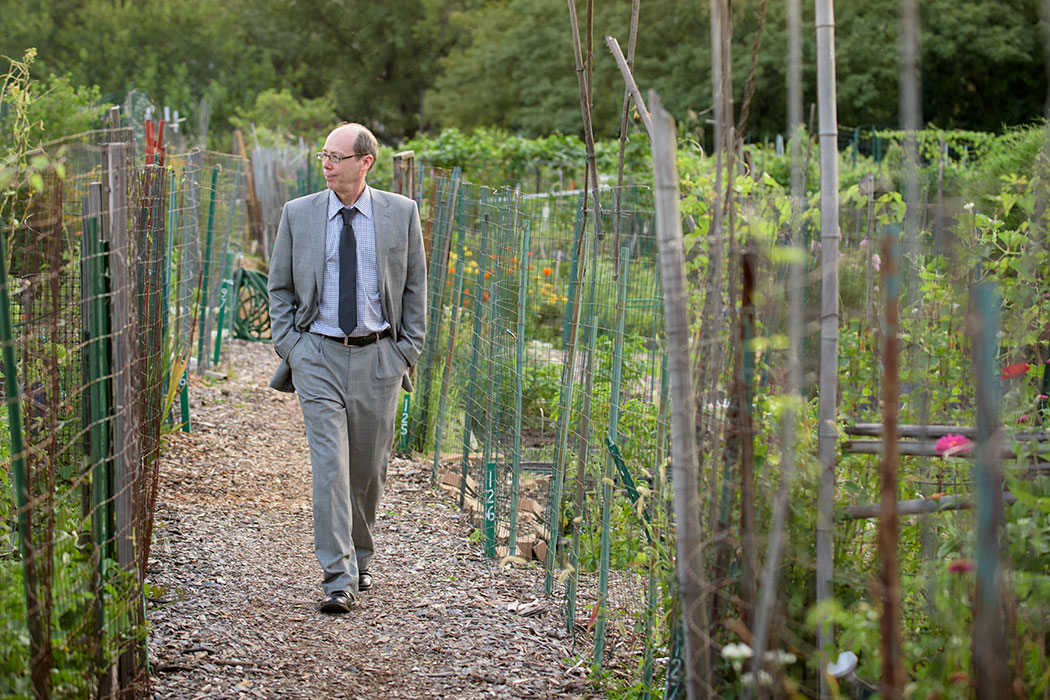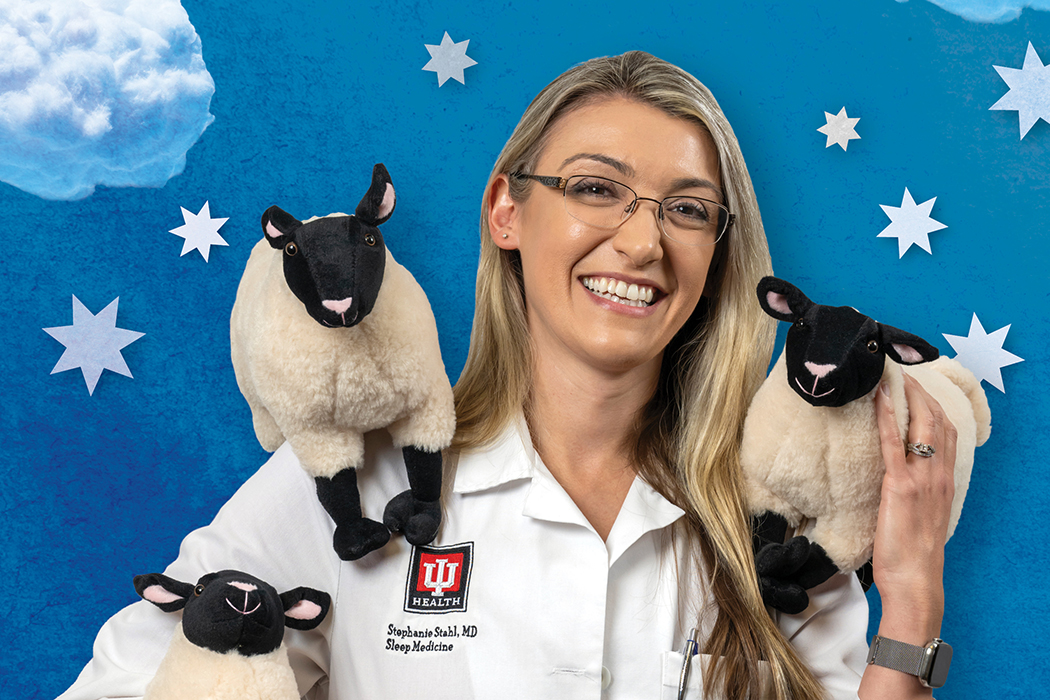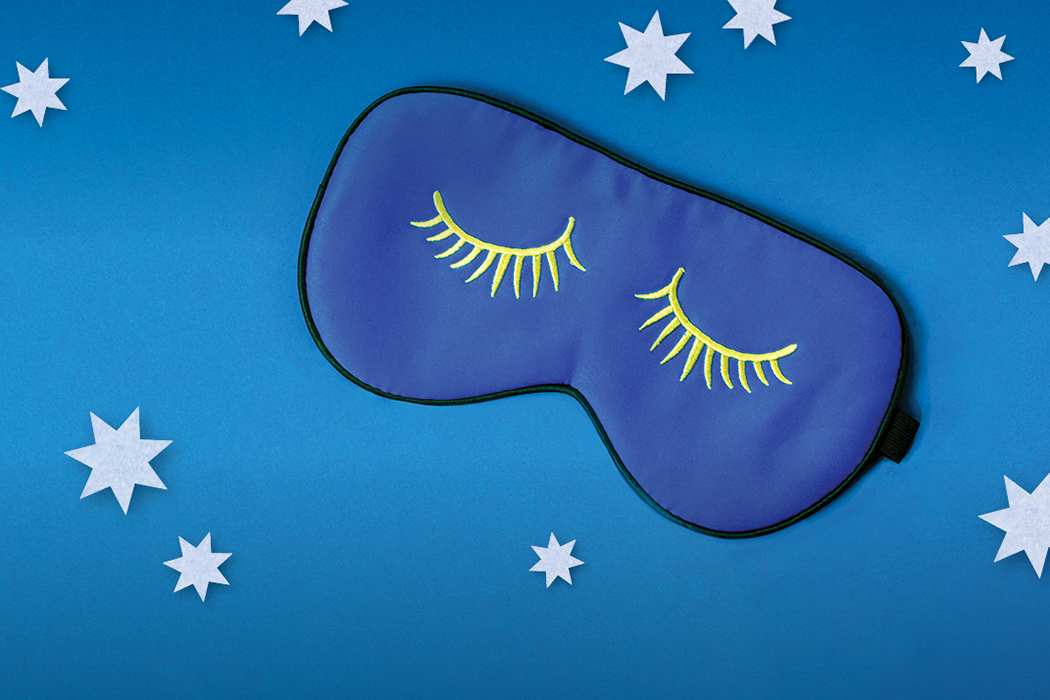Food Fighter

In terms of food, if we can get to 2050 without screwing up the planet, we’re probably good forever.
Jack Bobo says this so calmly you might wonder if he’s exaggerating. He’s not.
With the world’s population expected to swell to nine billion by 2050, Bobo explains, humans will need to produce as much food in the next 40 years as we have in the last 10,000 years combined. Meanwhile, today, 800 million people are already going to bed hungry every night.
After 2050, however, population growth will level off quickly—thus, Bobo’s conclusion: If we get it right now, we get it right forever.
This message is one Bobo shares a lot. He’s spoken around the world and worked with officials in other countries to address some of the greatest challenges related to food, agriculture, and biotechnology— most recently earning him recognition from Scientific American as one of the world’s 100 most influential people in biotechnology.
Working at the intersection of science, law, and policy, Bobo has facilitated trade agreements between U.S. and international officials, and worked on food policy in Africa, Asia, Europe, and Latin America. For 13 years, Bobo fulfilled this work as a senior advisor for the U.S. Department of State—sometimes leaving people wondering: Why is the State Department involved in food and agriculture at all?
“It’s a food security issue, but it’s also an economic security issue, an energy security issue, and—as we learned with the food riots of 2008—it really is a national security issue,” Bobo says. “So there are a lot of reasons why the State Department should and does care about food and agriculture.”
Now a sought-after speaker and thought leader, Bobo travels the world to share what he knows with international audiences of students, scientists, and policy makers. He will continue to share his expertise in his new role as senior vice president and chief communications officer at biotech company Intrexon.
But if not for Indiana University, Bobo might not even be in this field, much less leading it on a global scale.
A Passion Fueled By IU
“Having grown up in New Albany, a small town in southern Indiana, my time at IU really broadened my perspective and prepared me for the career that I ultimately ended up having,” Bobo says.
He started at IU with his eyes on medical school, earning undergraduate degrees in psychology, chemistry, and biology, followed by two years with the Peace Corps in Mékambo, Gabon, where he taught science.

“That clarified for me what I wanted to do and what I really needed to study, and that was environmental science and law, so that brought me back to IU for graduate school,” he says.
Upon his return, Bobo earned degrees from the Maurer School of Law and the School of Public and Environmental Affairs and gained experience that laid the path for the critical work he does today.
Bobo says one of his biggest challenges is rising above the noise of conflicting ideologies so that people can actually make positive change. For example: Some favor organic farming, while others see genetically modified organisms (commonly known as GMOs) as a path to food security.
“Part of the message that I’m trying to deliver is that it’s a complicated, challenging problem we have—and we need a lot of different solutions to get there,” Bobo says. “That’s one of the beauties of Indiana University: Because it’s a multidisciplinary university, it encourages you not to look at things in a one-dimensional way.”
Solving our collective food crisis demands that kind of big-picture thinking that Bobo brings to the table.
“In many ways,” he says, “there’s no better way of changing the world than through food and agriculture.”
Global Reach For Global Good
Bobo’s effort to combat hunger is one of the countless ways in which IU alumni, students, and faculty members are shaping our world for the better. Other life-changing work includes:
- Through the Kelley Institute for Social Impact, IU students are using their business skills to promote international development, community service, and social entrepreneurship—like one student who helped women in Uganda gain financial independence through microloans.
- IU students have provided free eye care to thousands of patients in Latin America through the School of Optometry’s Volunteer Optometric Services to Humanity.
- For more than 40 years, IU’s Center for International Education, Development, and Research has worked to improve education and the social condition in the United States and abroad. Examples include efforts to rebuild teacher-education programs in war-torn Afghanistan and to promote women’s access to higher education in South Sudan.
To learn how you can help IU meet the demand for the next generation of global leaders, visit forall.iu.edu.
This article was originally published in the fall 2015 issue of Imagine magazine.
Tags from the story
Written By
Andrea Alumbaugh
A native Hoosier, Andrea Alumbaugh is a graduate of IU (BAJ’08) and a senior writer at the IU Foundation.



